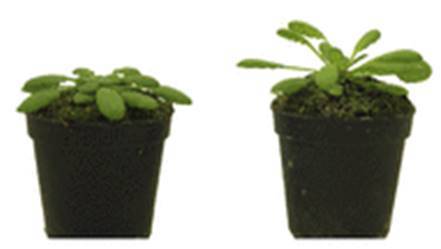
A very few research highlights
Biosensors: Plant biologists FRET over stress. Two independent research labs have developed fluorescent biosensors to report the levels of the stress hormone, abscisic acid, within cells in living plants in real-time. http://elifesciences.org/content/3/e02763
PLETHORA gradient formation mechanism separates auxin responses. http://www.nature.com/nature/journal/v515/n7525/full/nature13663.html
Multiscale digital Arabidopsis predicts individual organ and whole-organism growth. http://www.pnas.org/content/111/39/E4127.abstract
The Structure of the Catalytic Domain of a
Plant cellulose synthase and its assembly into dimers. http://www.plantcell.org/content/26/7/2996.abstract
Increasing CO2 threatens human nutrition. http://www.nature.com/nature/journal/v510/n7503/full/nature13179.html
A reference genome for common bean and genome-wide analysis of dual domestications. http://www.nature.com/ng/journal/v46/n7/full/ng.3008.html
Research syntheses and other educational resources
The Art of Being Flexible: How to Escape from Shade, Salt, and Drought http://www.plantphysiol.org/content/166/1/5
Epigenetic Memory for Stress Response and Adaptation in Plants http://pcp.oxfordjournals.org/content/55/11/1859.abstract
Traversing organizational scales in plant salt-stress responses http://www.sciencedirect.com/science/article/pii/S1369526614001435
Rice special issue in Nature http://www.nature.com/nature/outlook/rice/
Plant Physiology published Focus Issues on
Water (http://www.plantphysiol.org/content/164/4.toc),
Roots (http://www.plantphysiol.org/content/166/2.toc),
Weed Control (http://www.plantphysiol.org/content/166/3.toc), and
The Plant Cell started the year with an excellent set of review articles on Photobiology (http://www.plantcell.org/content/26/1.toc).
CourseSource. CourseSource is an open-access journal of peer-reviewed teaching resources for undergraduate biological sciences; the development of these resources, including plant-based resources, was supported by ASPB and BSA. http://www.coursesource.org/
The Plant Detectives Manual. A research-led approach for teaching plant science, by Gonzalo M. Estavillo, Ulrike Mathesius, Michael Djordjevic and Adrienne B. Nicotra. http://press.anu.edu.au/titles/anu-etext/the-plant-detectives-manual/
Campus Flora Oz App. Explore campus flora on your phone! https://campusflora.wordpress.com/
Countdown to 400: Oxford Herbarium’s ongoing weekly series of plants, counting downt to its 400th anniversary! http://herbaria.plants.ox.ac.uk/bol/plants400
In 2014, Teaching Tools in Plant Biology started a series of topics on plant physiology, including water relations and plant nutrition! http://www.plantcell.org/site/teachingtools/teaching.xhtml
Finally, some end of year fun
Fifi the Oomycete, a holiday song, by Kamoun Lab. https://www.youtube.com/watch?v=l9ikfDWZaT8&feature=youtu.be
#AdventBotany. By Alastair Culham and Dr. M. (AKA Jonathan Mitchley) (@BotanyRNG and @drmgoeswild) http://blogs.reading.ac.uk/crg/2014/12/page/4/ & http://drmgoeswild.com/advent-botany/





 Your new post is loading...
Your new post is loading...
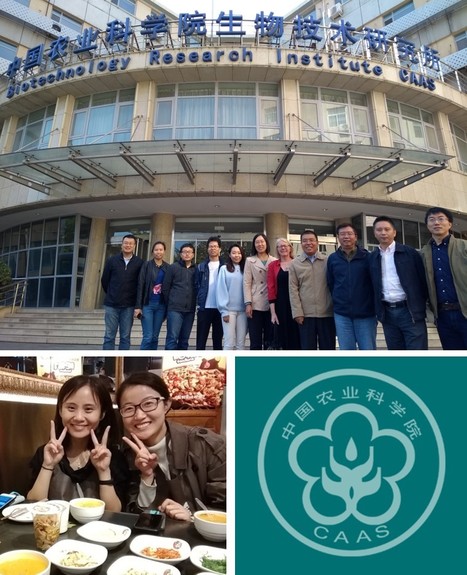
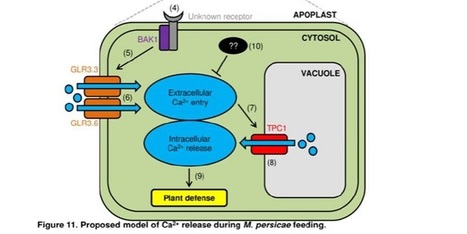
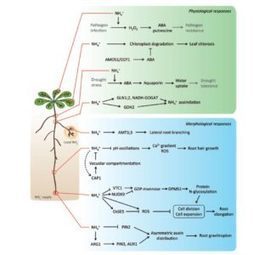

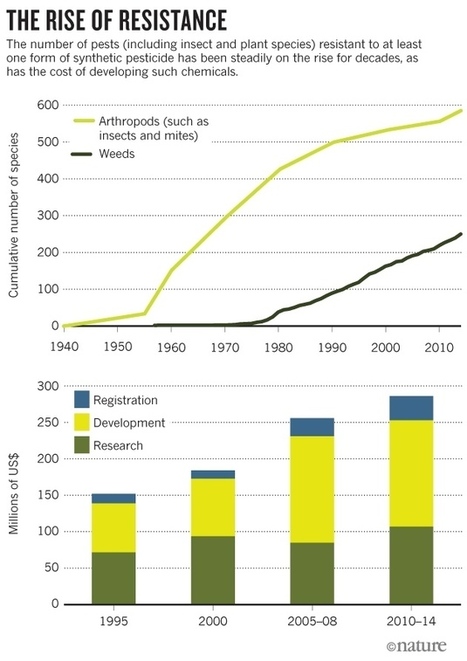
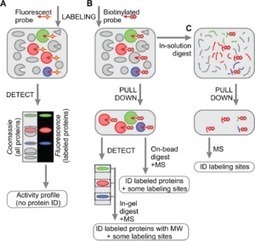
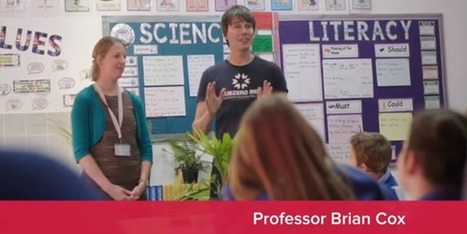
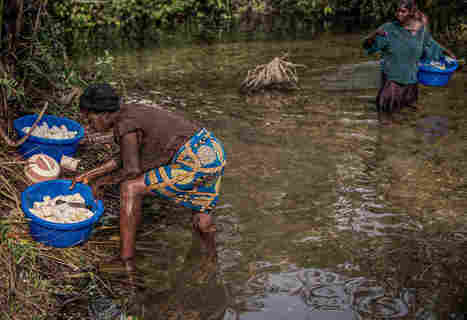
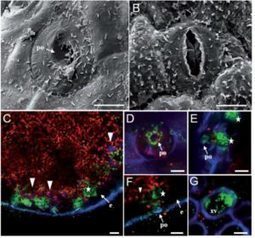
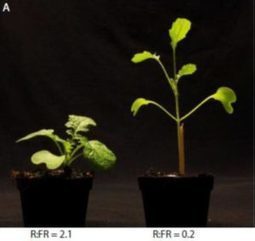
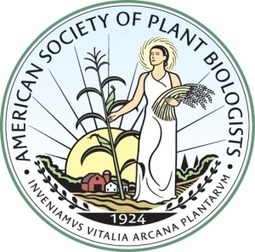
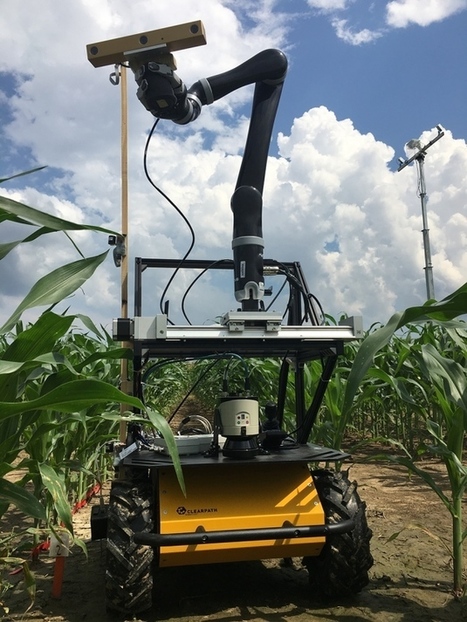
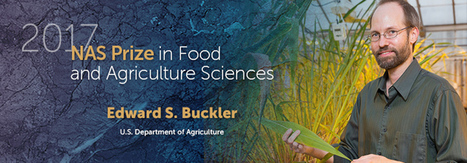
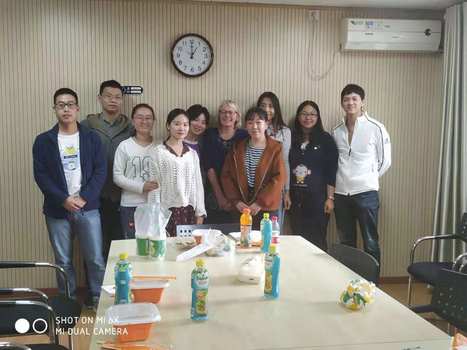
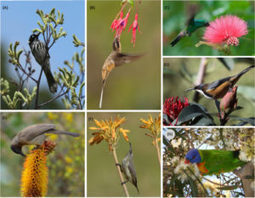
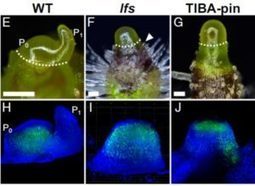
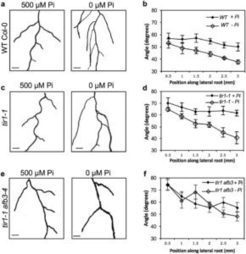
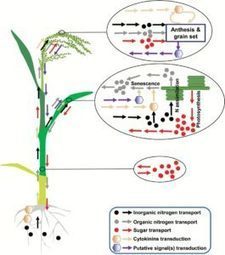
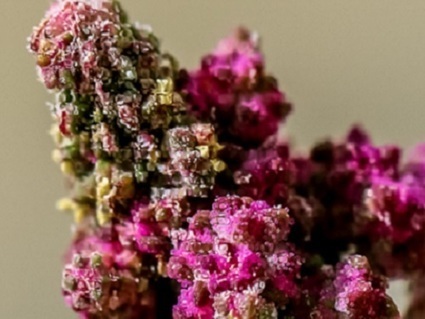

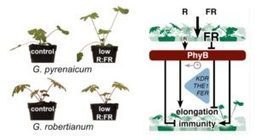


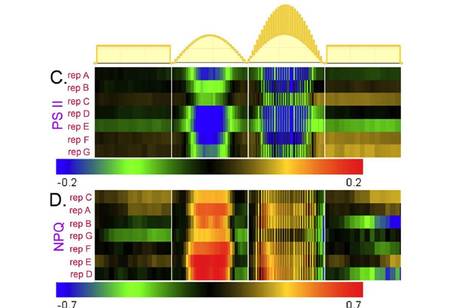





A great tool to explore subcellular compartmentalization